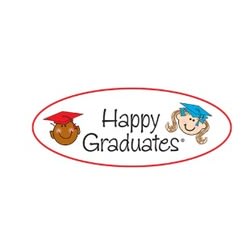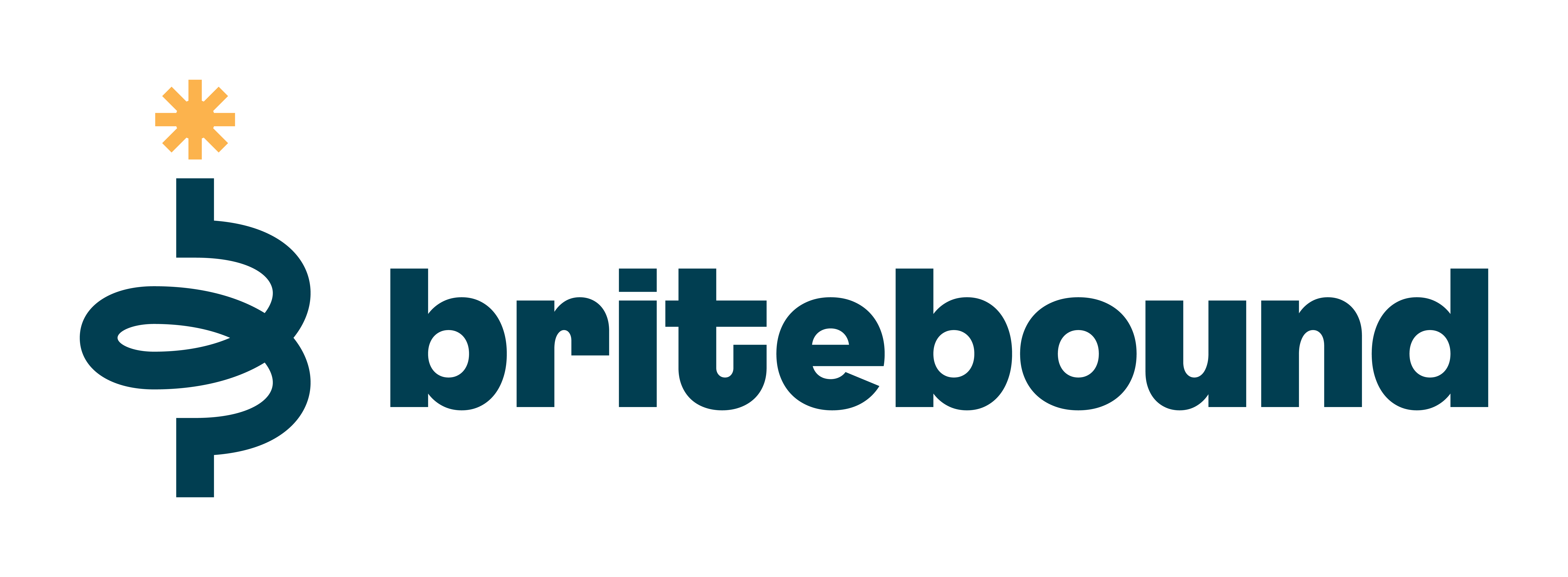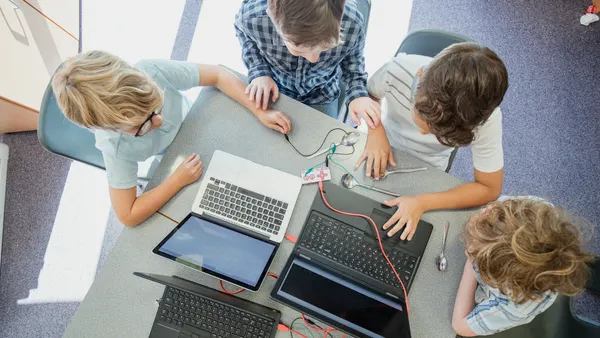Dive Brief:
- Quantum physics education at the high school level is often limited, if offered at all. To bridge this knowledge gap, a program in Texas has made quality quantum physics instruction more accessible to students and educators alike.
- Quantum for All is a national pilot led by the University of Texas at Arlington. It wrapped up its fifth annual camp in June, welcoming new and returning students and educators to learn and explore hands-on quantum physics.
- While the program has far exceeded expectations according to its principal investigator, its future is uncertain since the nearly $1 million National Science Foundation grant that funded it ended this year.
Dive Insight:
According to physics educators, learning about quantum physics exposes students to careers and fields they might not have otherwise considered and also helps them develop critical thinking skills they can apply beyond the classroom.
“It's really important for our youth to have an appreciation for science, specifically quantum, and how it is applicable in their lives, how they can use it in the workforce, and what jobs they can get from it,” said Karen Matsler, Quantum for All principal investigator and a professor at UT Arlington. “We need to stay ahead of the pack when it comes to other countries and technology and security. We don't have a choice, in my opinion.”
The Quantum for All summer program serves around 40 teachers and 40 to 60 students in a typical year. Most of the students are in grades 9-10, and the teachers come not only from physics but other disciplines as well.
The first week of the two-week program is dedicated to professional learning, where teachers work through the quantum physics concepts and projects they will be teaching students the following week.
Students join the camp during the second week and educators work in small groups to co-present lessons. This helps split the workload and makes it less intimidating, Matsler explained. They're learning through watching other teachers and by watching the kids, she said.
Because of the prominence of quantum across several fields, teachers from different backgrounds such as art and math are encouraged to participate.
“The program gave me the opportunity to try these lessons in a low-risk environment, and also gave me hands-on lessons that weren't just math driven,” said Meghan DiBacco, an Advanced Placement physics teacher at Jordan High School in Texas. DiBacco added that the program helped her become a leader in her classroom.
To be mindful of educators' already heavy workload, Matsler focused on incorporating quantum physics education into curriculum areas that teachers are already covering. That way the professional learning helps them modify what they’re doing — not add to it.
The program’s format of professional learning followed by direct practice is what sets it apart from other professional learning resources, said Jaime Govea, the physics lead at Mesquite High School. Govea, who is participating in the program for a second year, said it provides a much needed resource for educators like him who otherwise had little guidance on how to meet state standards for science.
“I think what Dr. Matsler’s program has done is fill in the gaps that the state has left behind,” said Govea.
The program doesn't just forge confident teachers but also confident students, points out Robin Griffith-Yates, associate principal of the STEM Academy at Arlington’s James Martin High School, which hosted the camp. Her favorite part of the program, she said, is the open house on the last day where parents see the projects students have been working on.
Griffith-Yates said students are as excited to share what they’ve learned with their parents as their parents are to get a glimpse of what their child has been working on. She noted that students become more confident in their knowledge and can easily explain topics in quantum that had intimidated them at the beginning of the week.
“In order to teach something like this, bringing it to something that students use every day and are familiar with, I think, really does help to build that confidence and build that knowledge so that they are willing to try it and talk about it,” said Griffith-Yates.
Matsler said she and her team will start looking for private and philanthropic funders in hopes to continue the program next summer.












